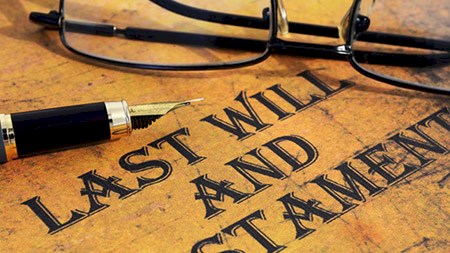Generally speaking, nobody likes to dwell on the matter of their own demise. Unfortunately, it is something that none of us can escape and ignoring the consequences can make things that much harder for those left behind.
Timothy Akinnusi, Executive Head of Sales and Client Value Management at Nedbank explains that if you die without a will, an administrator will have to be appointed to administer your estate which will be distributed according to the laws of intestate succession. As such, your assets may not be distributed as you would have wished. It also means that the process will be delayed and that there will be additional expense and frustration which most people would not want to inflict on their loved ones during a time of loss.
When drafting your will, it’s important to consider the nature of your relationship with your ‘significant other’. If you are married in community of property, you only own half of all assets registered in your name and that of your spouse. Your spouse therefore still remains a one half share owner of any fixed property you may want to bequeath to a third party which could potentially present difficulties.
If you are married in terms of the accrual regime, the calculation to determine which spouse has a claim against the other to equalise the growth of the respective estates only occurs at death. Your spouse may therefore have a substantial claim against your estate necessitating the sale of assets you had not intended to be sold.
If you are involved in a co-ownership situation, you may wish to address the issue of occupation rights for your surviving spouse in your will. Co-ownership, like many other aspects relating to wills can be tricky which is why it’s best to involve the services of a professional when drafting a will.
Alongside your will, you should also prepare the following in relation to any immovable property you may own:
· State where your title deeds are kept and record any outstanding bonds and all insurance
· File up-to-date rates and taxes receipts
· Record details of the leases on any property you have
· State who collects your rent
· State who compiles your yearly accounts
· State where your water, lights and refuse deposit receipts are kept
Having a will in place will also assist surviving joint bond holders says Akinnusi: “In order for the bond to be transferred into the surviving joint bond holder’s name, that person would have to go to their bank and apply for an endorsement. Once all the necessary documentation is provided, the bond would then cede to the surviving bond holder within 10 to 14 working days. If there is no will, it would take significantly longer for the bond to be transferred as the estate would have to first be administered and wound up.”
He adds that no transfer duty is payable on property bequeathed to heirs. This applies even when the heirs agree to distribute the property or properties amongst themselves, in a different way to that envisaged by the testator. Conveyancing fees are however still payable. If the heirs decide to sell the property (out of the estate) to an outsider, transfer duty will then apply – but in most cases will be paid for by the buyer.
Simply put, there’s no excuse not to have a will. You can speak to your bank or your attorney about drawing up a will that they will hold on your behalf. Doing so will ensure that everything in your estate goes to the right people timeously, and without extra cost, which will prevent additional heartache and worry during a very stressful time.



